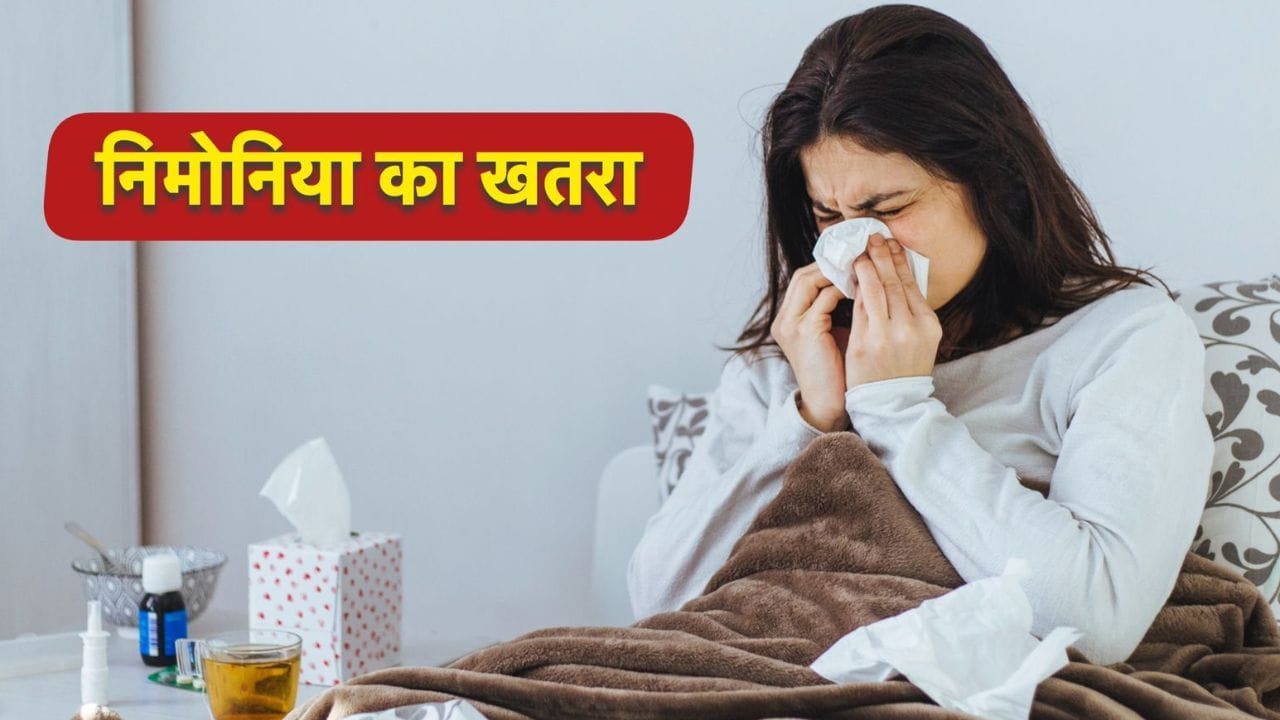cold and pneumonia Image Credit source: Getty Images
With the onset of cold weather, the risk of many diseases increases, among which viral pneumonia is also a major problem. Viral pneumonia is an infection of the lungs, caused by a virus. It is different from normal pneumonia, because normal pneumonia can be caused by bacteria, virus or fungus, whereas viral pneumonia is spread only by virus. This disease causes swelling in the lungs and increases difficulty in breathing. Therefore, it is important to understand how viral pneumonia spreads and what things should be kept in mind to avoid it.
viral pneumonia Symptoms start like the common cold, but can gradually become severe. In this, problems like fever, dry cough, shortness of breath, chest tightness, fatigue, chills and body pain are seen. In some people, it may also include loss of appetite and rapid breathing. It spreads more rapidly in children, elderly and people with weak immunity. People with asthma, heart disease or diabetes are also at higher risk. Viruses are more active in cold weather, so these sensitive people need special caution. The severity of this disease can be reduced to a great extent by timely identification and treatment.
Why does the risk of viral pneumonia increase as the cold increases?
Dr. L.H. at Lady Hardinge Hospital. fraudster It is said that due to low temperature in winter, the immunity of the body becomes weak, due to which viruses easily affect the body. The air is drier in winter, due to which the mucus layer of the nose and throat dries up and the virus gets a chance to enter the body. Apart from this, in winter people remain indoors most of the time and due to this the possibility of spreading infection from each other increases. In this season, flu, RSV and other respiratory viruses become increasingly active, which are the main causes of viral pneumonia. Blood vessels shrink in cold environment, due to which the body’s natural defenses weaken. This is the reason why cases of viral pneumonia increase in winter.
How to protect?
Wear warm clothes in winter and avoid cold.
Clean hands regularly and use face masks.
Keep the house ventilated and avoid overcrowding.
Increase intake of water and liquids.
Get flu vaccine, especially for children and the elderly.
Do not delay treatment in case of cough and cold.
Consume immunity enhancing foods.
